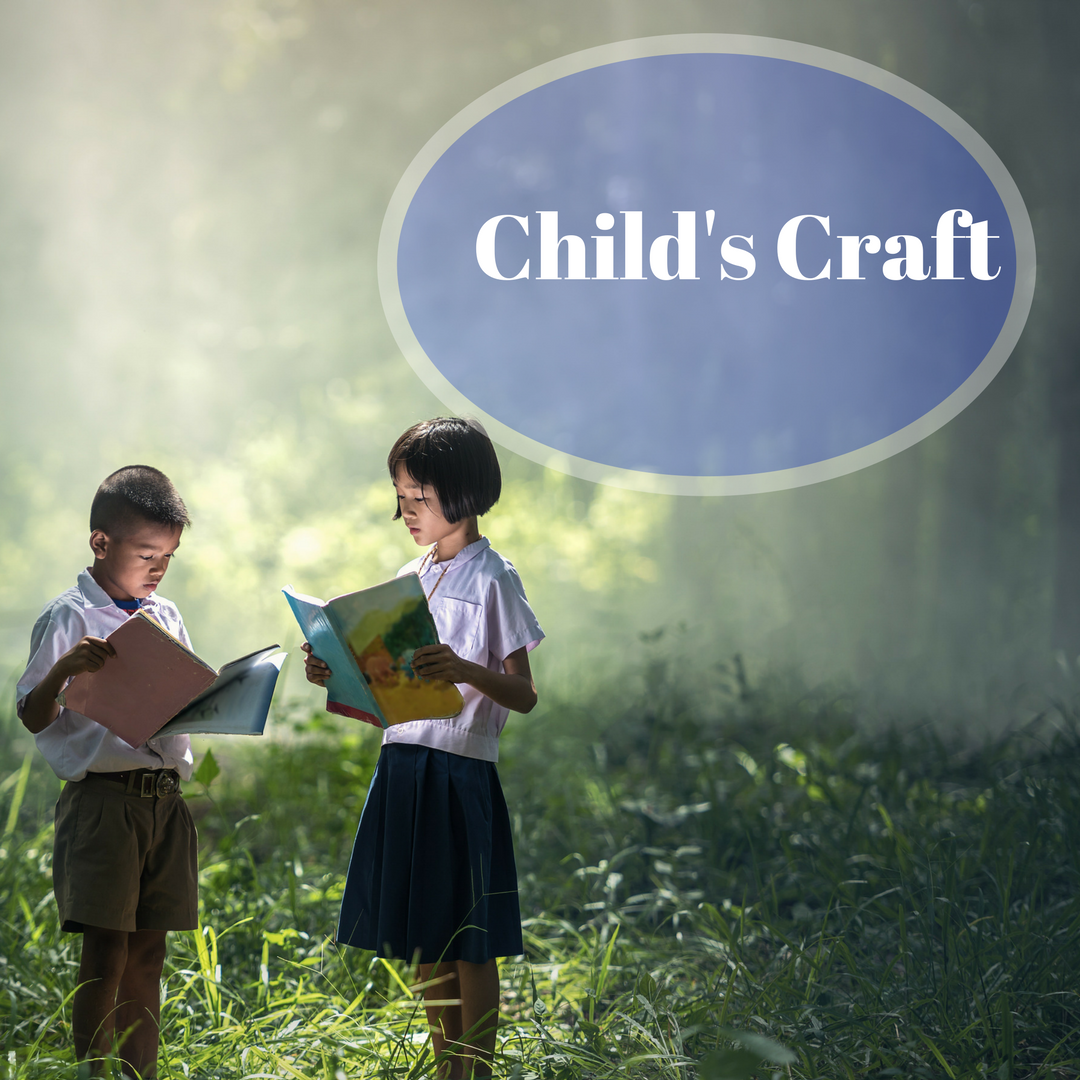
Writing for YA
Tips for Podcasting with Author Tara K. Ross
I love a good podcast and listen to several. Recently, I found The Hope Prose Podcast by young adult…
January 27, 2020
I love a good podcast and listen to several. Recently, I found The Hope Prose Podcast by young adult…
January 27, 2020
The new year is almost upon us. Instead of making New Year’s resolutions, why not try to come up…
December 27, 2019
Sometimes writers have a hard time sticking to one genre. I’d thought I see what Judy Christie had to…
October 27, 2019
Today I am talking with Hope Bolinger. She’s an author of young adult novels as well as a literary…
August 27, 2019
Every once in a while, on one of my writers’ lists or on facebook, someone will want to know…
June 27, 2019
A Quick Look at the Two Middle Grade: Age of readers: 8 to 12 or 13 Length of books:…
October 21, 2018